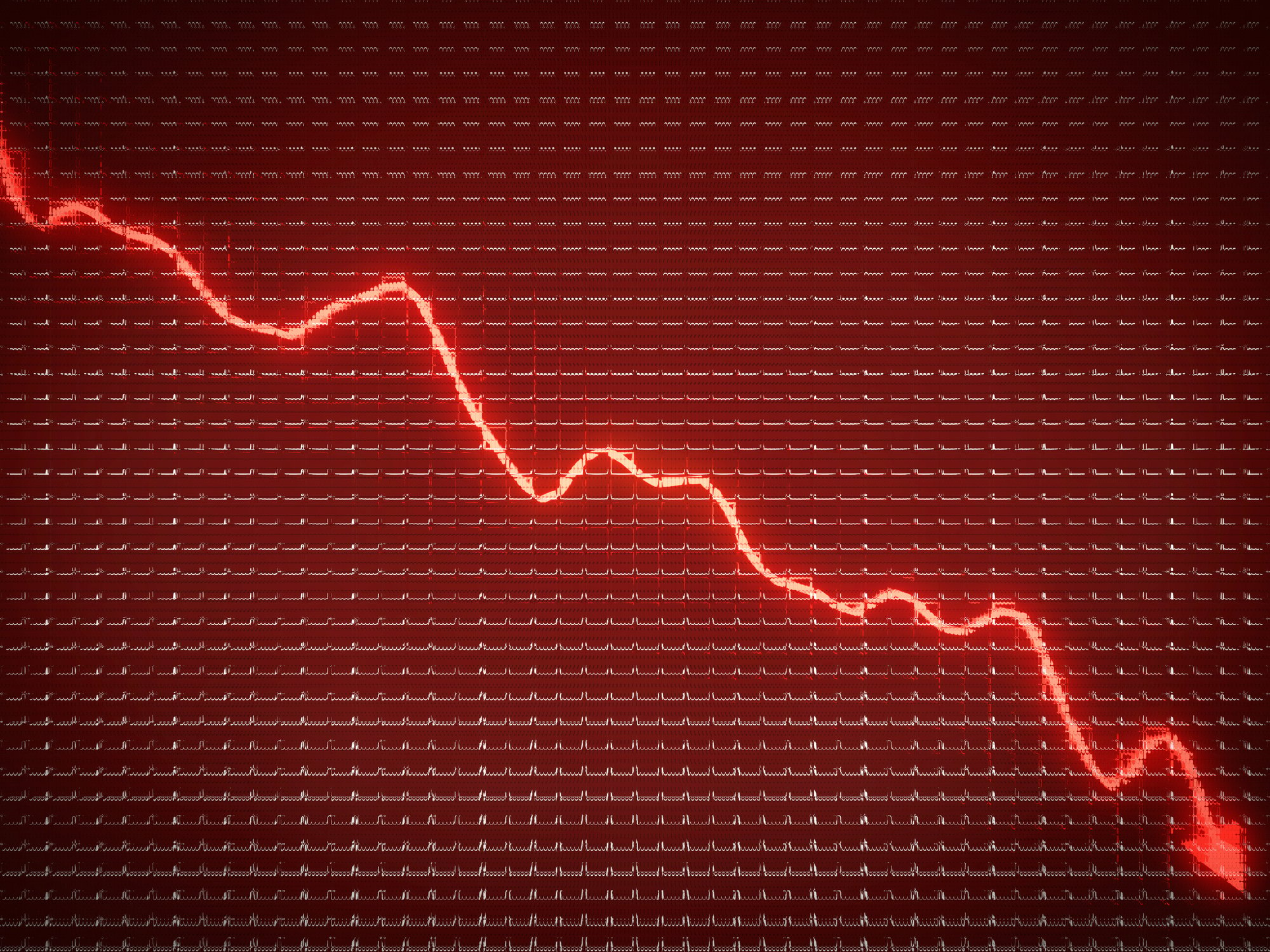Splitting the controversial Victoria's Secret clothing and lifestyle brand off as its own stand-alone company now has an official date and added details, according to a recent press release from parent company L Brands (LB +2.28%). Approved by L Brands' Board of Directors on July 9, the divestment will see Victoria's Secret divided off to become its own company on Aug. 2, trading publicly on the New York Stock Exchange under the ticker symbol VSCO.
L Brands, meanwhile, will change its ticker symbol to BBWI as it conforms much closer to its remaining brand's name, Bath & Body Works. There are three reasons that investors might see these changes put more money in their pockets over the medium to long term. Let's discuss them.

Image source: Getty Images.
1. Bath & Body Works' performance will be judged separately
As it began restructuring and improving its operations last year to again attain profitability and growth following years of decline and a heavy hit from COVID-19, L Brands' Bath & Body Works' brand spearheaded the recovery. Victoria's Secret also saw financial improvement as L Brands closed underperforming stores and began altering the brand's messaging. Since then, Bath & Body Works has been a top performer.
A sales update on July 13, 2021, for the first nine weeks of L Brands' Q2 2021 revealed powerful growth for Bath & Body Works both year over year and compared to 2019. Victoria's Secret's sales for the period also grew strongly year over year but only slightly compared to pre-pandemic 2019 revenue:
|
Brand |
Sales for First |
Sales for First |
Growth |
Growth |
|---|---|---|---|---|
|
Bath & Body Works |
$1.24 billion |
$743.5 million |
67% |
48% |
|
Victoria's Secret |
$1.11 billion |
$625.7 million |
78% |
3% |
Source: L Brands earnings reports.
Bath & Body Works surpassed Victoria's Secret revenue and showed strong double-digit percentage growth. This change is visible both on the rebound from the pandemic lockdowns and compared to pre-pandemic 2019 sales. In fact, Bath & Body Works' current revenue is only $130 million short of the total revenue from both brands at this point in 2020, demonstrating its speed of expansion.
Bath & Body Works' performance is likely to strengthen further as a result of the company split. Leslie Wexner, founder of L Brands and reportedly a close associate of convicted sex offender Jeffrey Epstein, is selling 20 million shares of the company's stock in combination with several other large shareholders. This should help greatly in removing Wexner's influence and tarnished image from the company going forward.
L Brands is buying back 10 million of these shares as part of a fresh $1.5 billion share repurchase program, boosting the value of remaining shares for shareholders. The company also says it's slashing debt by $500 million and will continue paying its $0.60 per-share annual dividend.
Victoria's Secret, which drove L Brands' profits and share value downward for at least four years, will soon be a separate entity, allowing Bath & Body Works to stand on its own merits. Bath & Body Works, already thriving under L Brands' new strategy, looks poised to emerge leaner, stronger, and with a healthier balance sheet, free to begin a new era of growth.
2. Investors will gain a "bonus" stake in Victoria's Secret
Victoria's Secret saw its sales begin to drop sharply in 2016 and into early 2017, causing L Brands' stock to begin bleeding value, a trend which continued through the intervening years and into 2020. To compensate, L Brands closed several hundred of its worst-performing stores and instituted other efficiency measures in an effort to turn the brand's profitability around.

Image source: L Brands.
The spin-off of Victoria's Secret could be a win-win for current L Brands shareholders. Beginning Aug. 3, they will retain their current holdings in the reconfigured L Brands (which will be known as Bath & Body Works), and hopefully will benefit from its rapid growth, share buyback program, and other bullish factors.
Simultaneously, 100% of the stock from the new Victoria's Secret company will be distributed to existing L Brands investors. Each holder of L Brands stock on July 22, 2021, will get one share in Victoria's Secret for every three shares of L Brands stock they own.
L Brands shareholders will therefore soon have stock in two companies, one based on the clearly successful Bath & Body Works and the other centered on Victoria's Secret. If Victoria's Secret falls back into its pre-pandemic pattern of sales losses and eventually goes bankrupt, the shareholders will continue to have their full stake in the growing Bath & Body Works. If, on the other hand, Victoria's Secret also continues its turnaround, investors will have the stocks of two successful companies in their portfolios rather than just one.
3. Their main investment becomes a less controversial company
All the political baggage burdening Victoria's Secret -- the accusations of misogyny and other socially unacceptable actions by executives, Wexner's connection to Jeffrey Epstein, and its operation in a market sector deeply involved with the shifting minefields of contemporary sexual politics -- will almost certainly be detached from the main company, along with the spin-off of the brand. Bath & Body Works can move forward free of the lingerie brand's past problems and associations.
Bath & Body Works should also be unaffected by any fallout from Victoria's Secret's planned changes in image and personnel. The latter's new marketing plan to scrap the use of its so-called "Angel" models and instead feature the very different VS Collective is a potential fresh source of controversy, one with which Bath & Body Works will not now be directly associated with.
Analysts, critics, and others following the stock are currently arguing over whether the new VS Collective marketing approach will boost or lower Victoria's Secret's sales. While a case could be made in either direction, Bath & Body Works doesn't get dragged into the discussion anymore.
If the new, experimental advertising and brand imagery approach of Victoria's Secret fails, L Brands investors won't see their gains from Bath & Body Works affected. If it succeeds and Victoria's Secret's sales rise, people investing in consumer discretionary stocks through L Brands will find that their additional holdings in the new company will enable them to profit from both newly created companies' victories.






